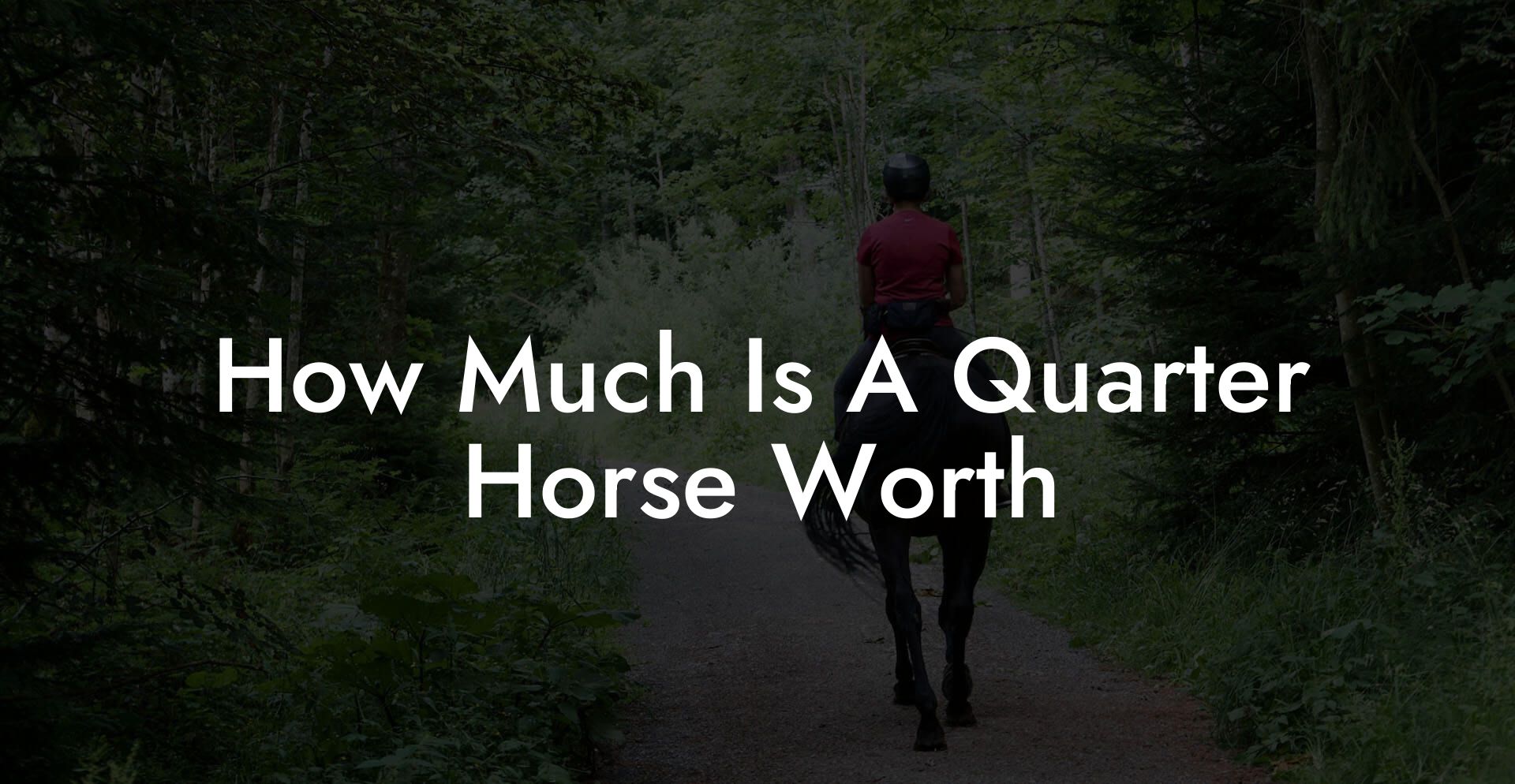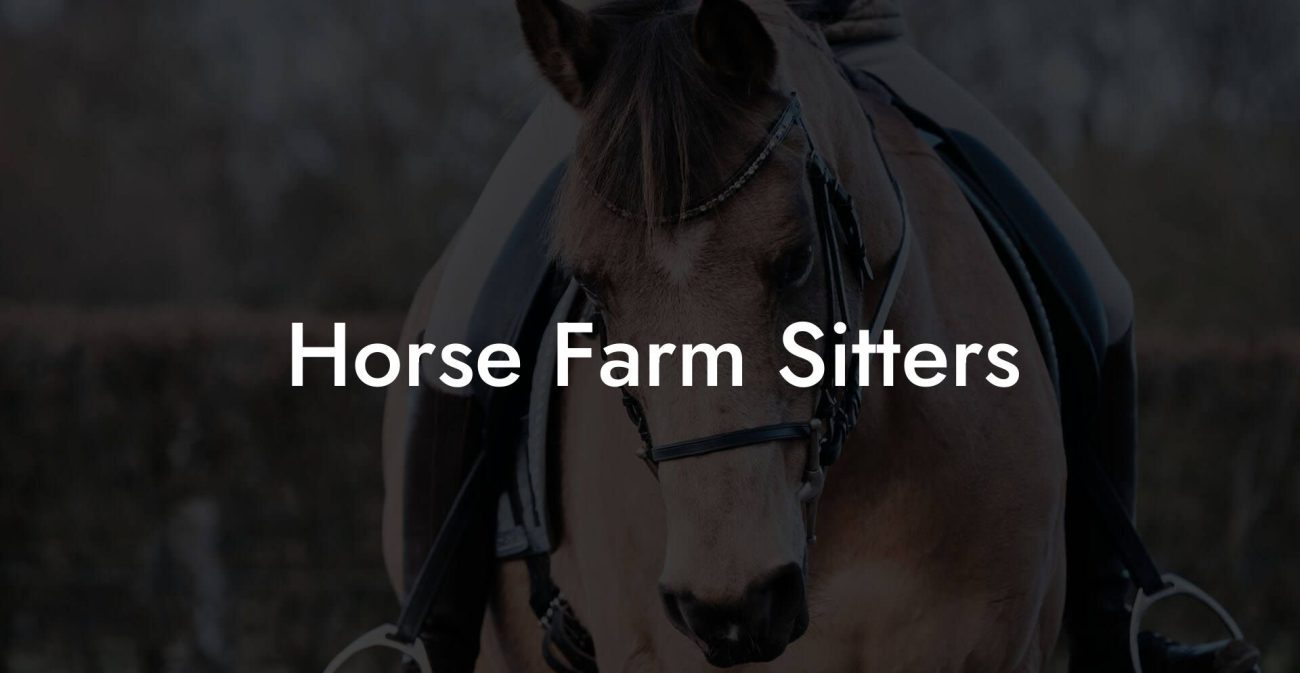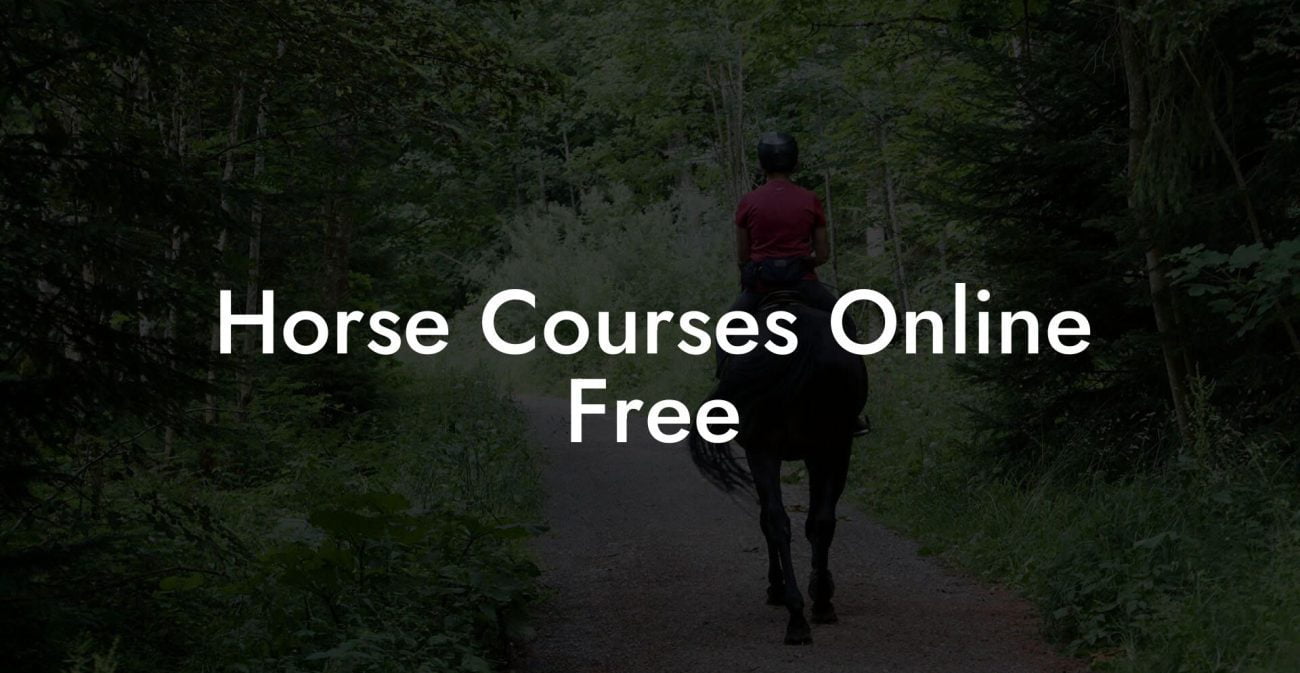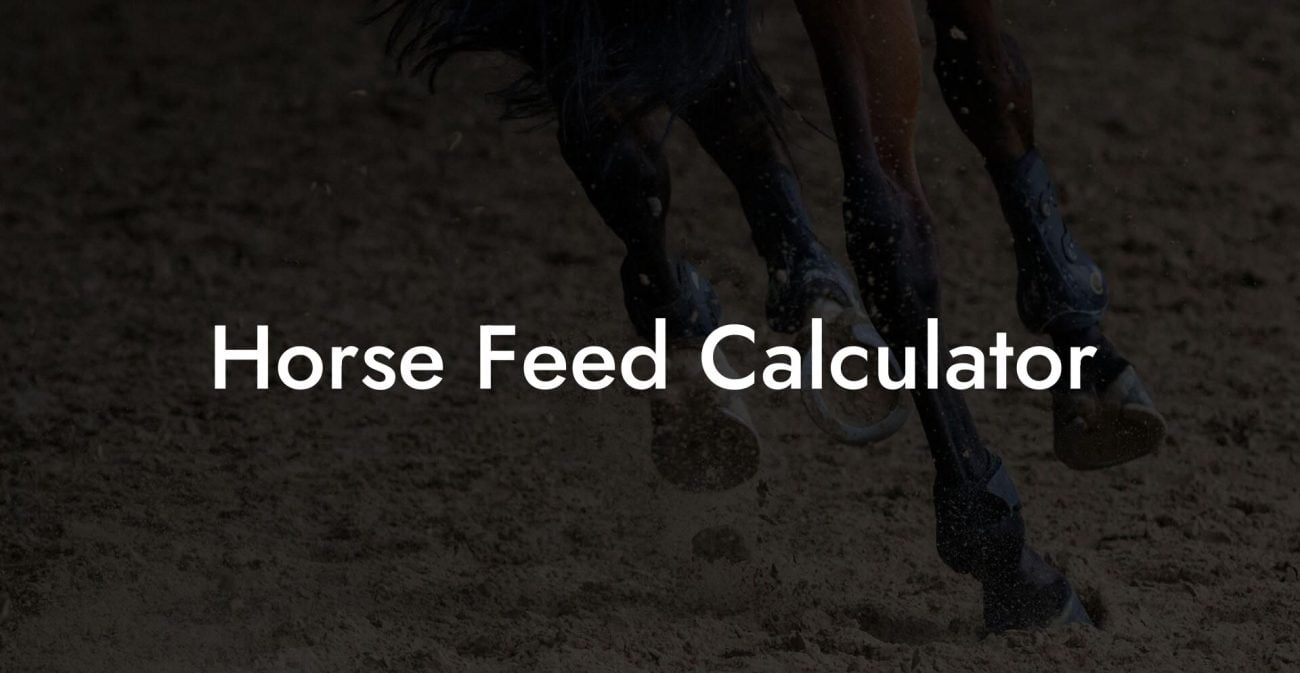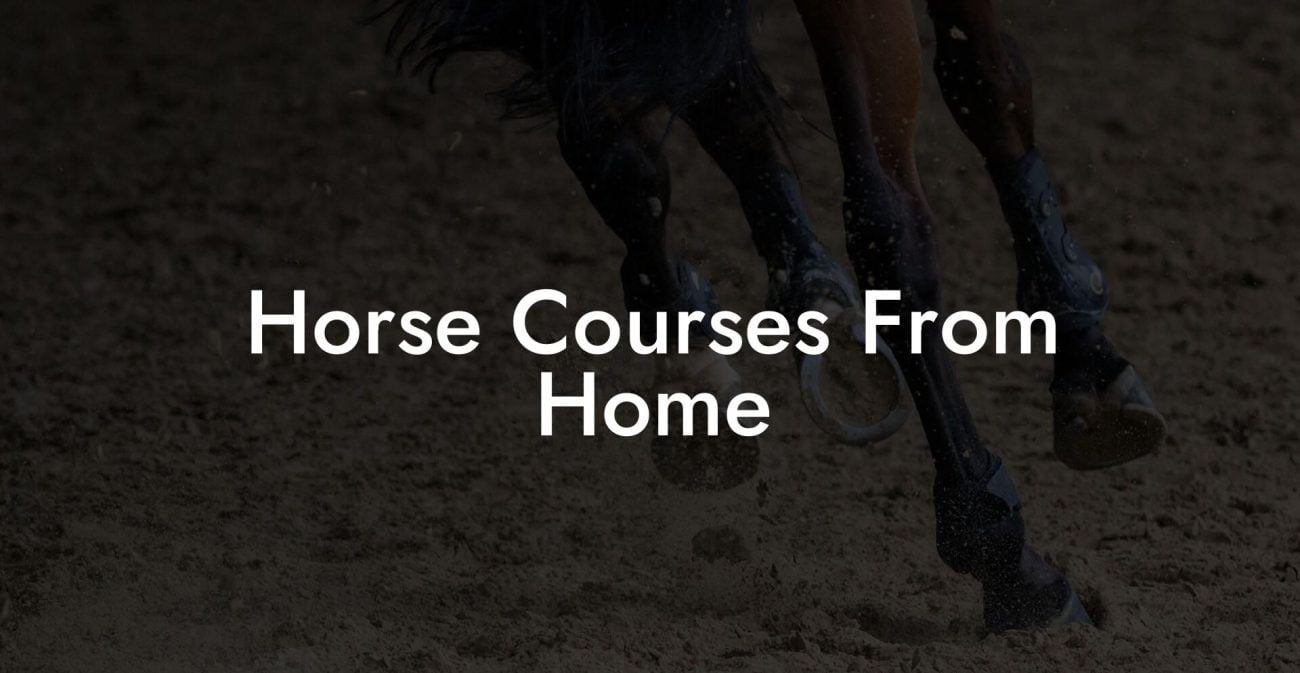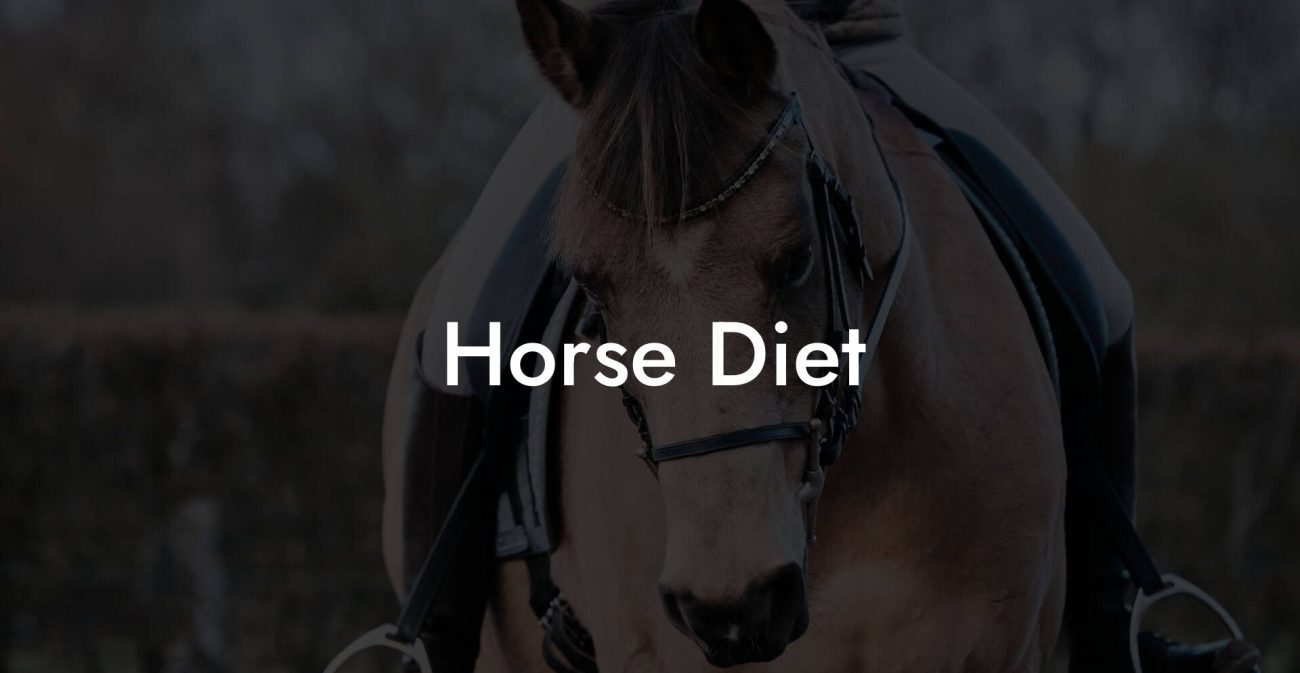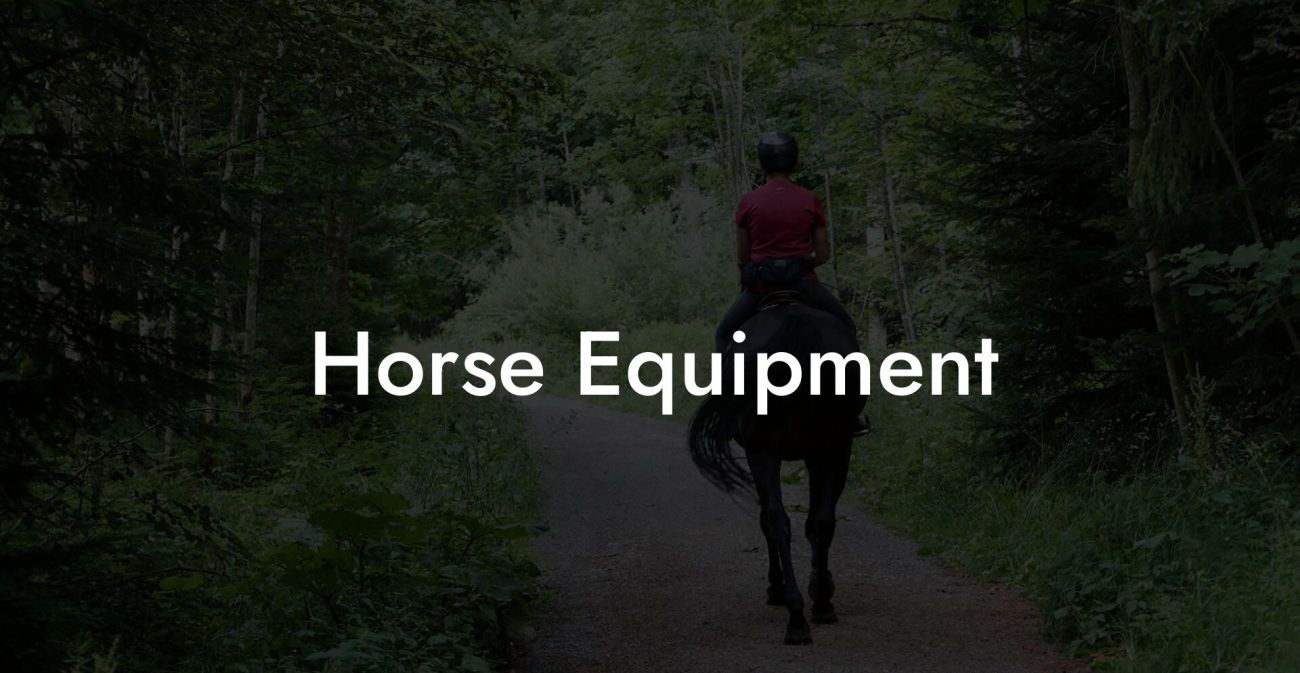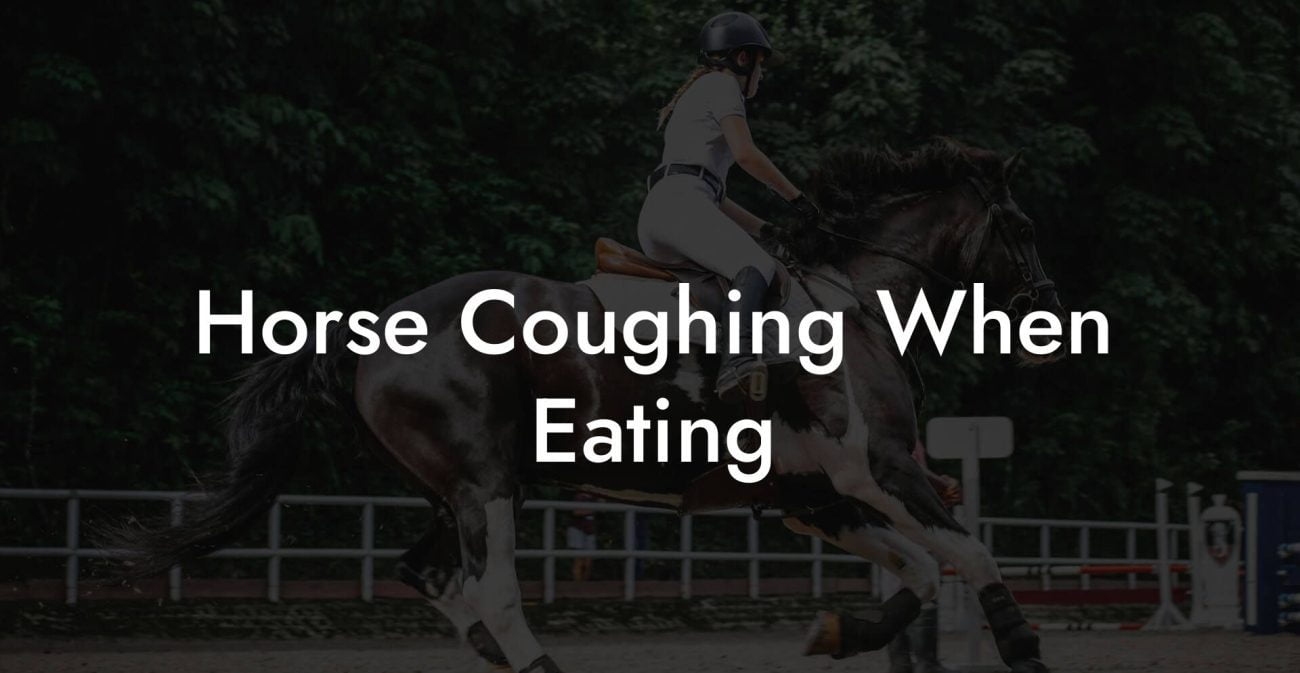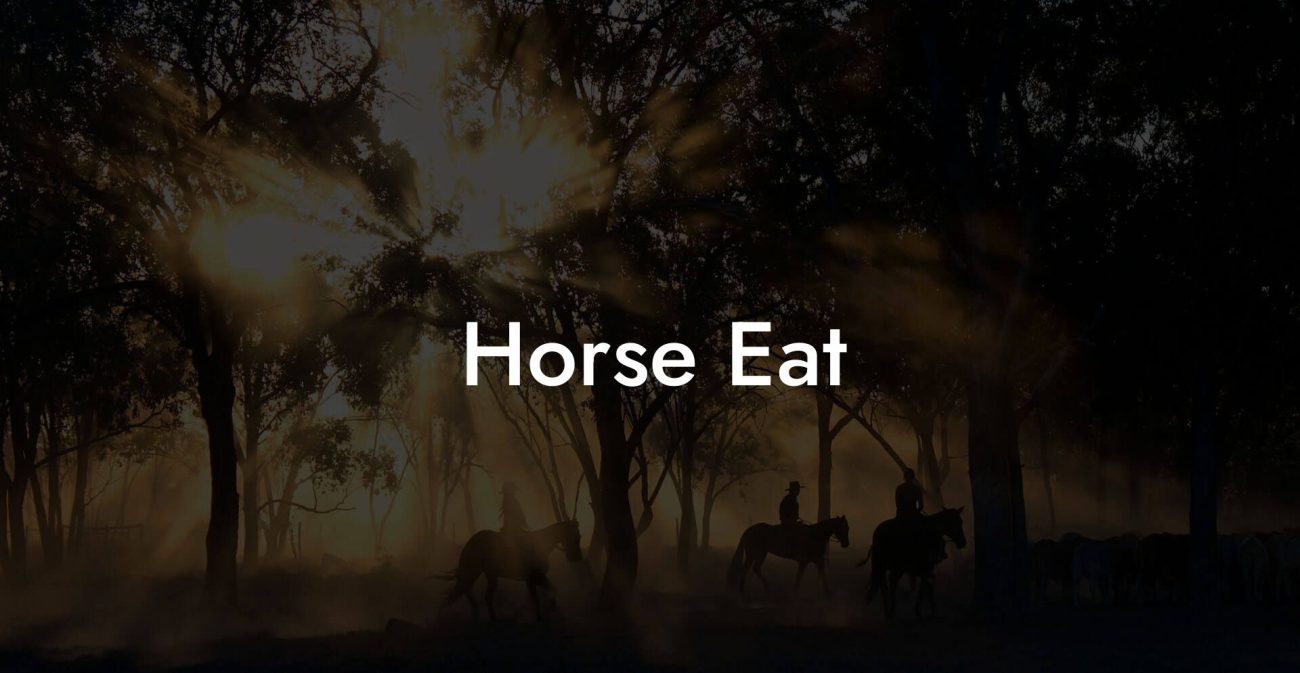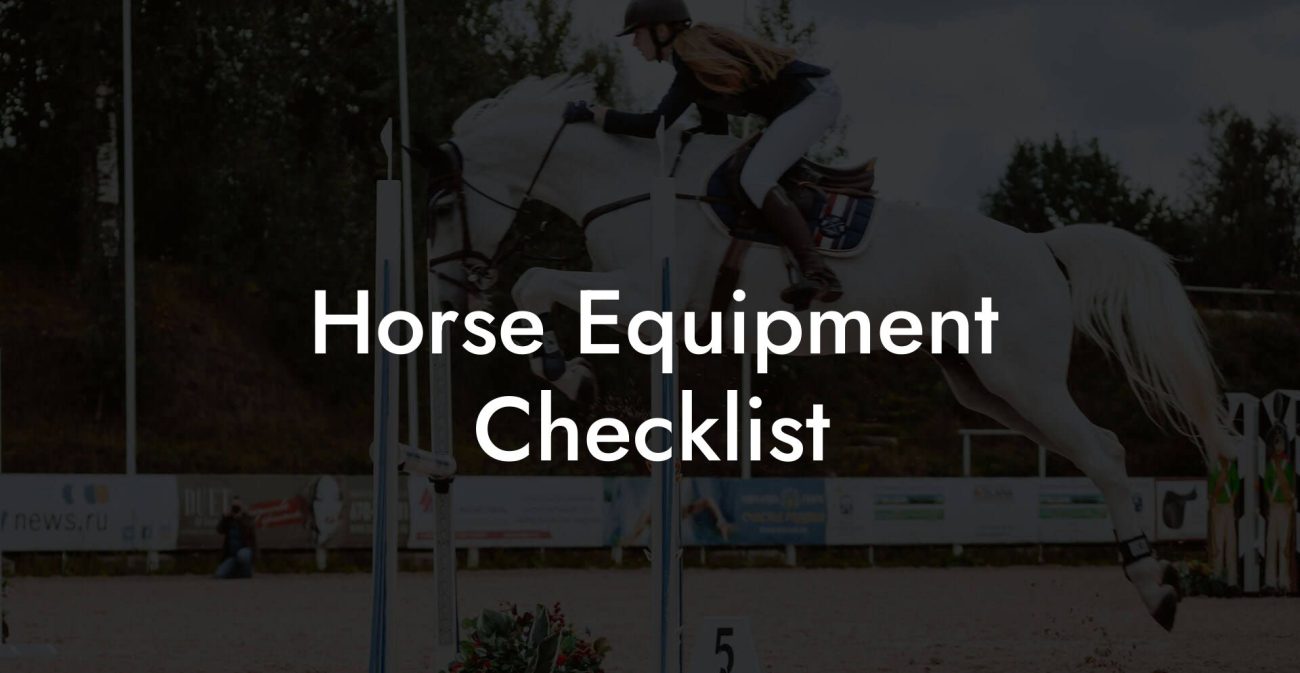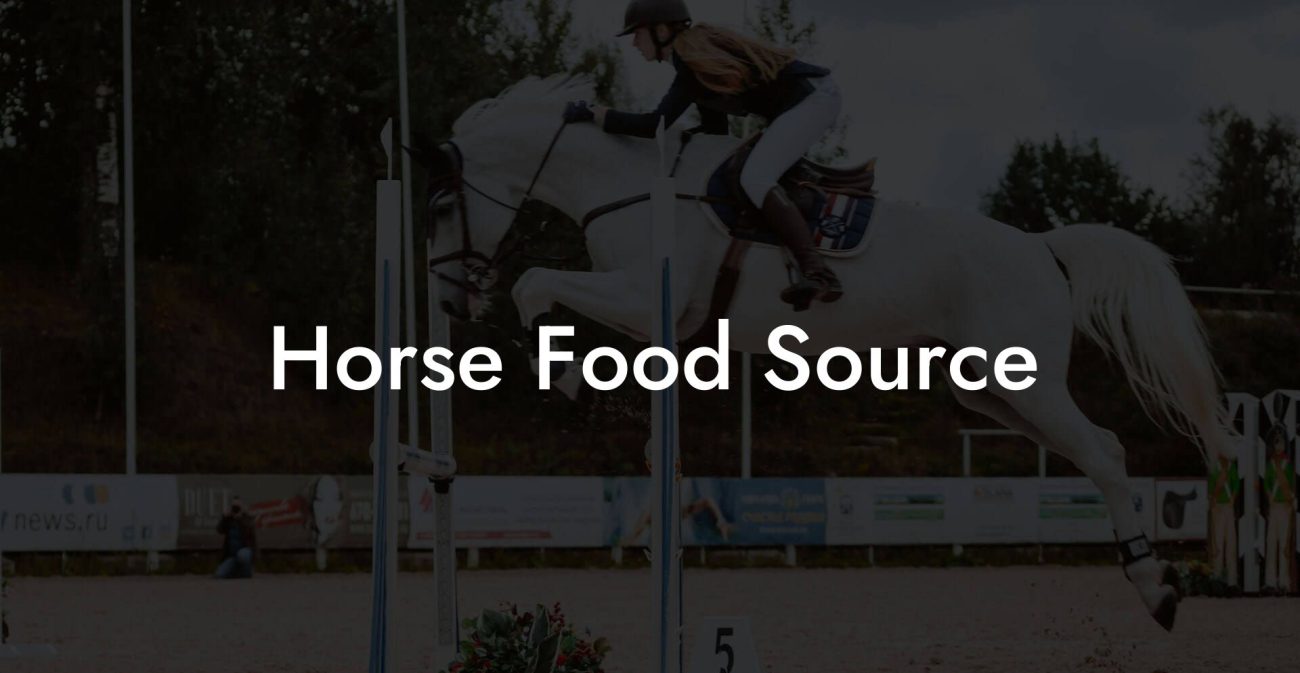Ever wondered if your next best friend on four legs comes with a price tag or if investing in a quarter horse is more than just fulfilling a dream of gallops and sunsets? Buckle up, because we’re diving deep into the world of quarter horses, their value, care, quirks, and everything in between. Whether you're a budding equestrian enthusiast or a seasoned horse owner looking to upgrade your stable game, this guide is your ultimate one-stop resource for understanding just how much a quarter horse is worth and how to care for these spirited creatures like the pros.
Quick Links to Useful Sections
- Navigating the Quarter Horse Market: Understanding Value Beyond Price
- Key Factors Determining a Quarter Horse’s Worth
- 1. Bloodlines and Pedigree
- 2. Age and Experience
- 3. Training and Discipline
- 4. Physical Conformation and health
- 5. Intended Use and Versatility
- 6. Market Trends and Regional Demand
- The Investment Equation: Cost, Care, and Community
- Price Ranges: What Can You Expect to Pay?
- Entry-Level Quarter Horses
- Mid-Range Competitors and Dual-Purpose Horses
- High-End, Championship-Caliber Quarter Horses
- Caring for Your Quarter Horse: Best Practices for Longevity and Value
- Daily grooming and Hygiene
- Nutrition: Feeding Your Equine Star
- Regular Exercise and Training
- Health Check-ups and Preventative Care
- Modern Trends and Tech Innovations in Equine Care
- Wearable Tech and Health Monitors
- Smart Apps and Equine Management Tools
- Innovative Stable Designs and Eco-Friendly Facilities
- Comparing Quarter Horses: How to Assess Investment Quality
- Attend Live or Virtual Auctions
- Seek Expert Opinions
- Review Past Performance Data
- Economic Considerations: Beyond the Purchase Price
- Insurance and Risk Management
- Maintenance and Upkeep Costs
- Market Fluctuations and Economic Shifts
- Resources and Community Support: Your Next Steps
- Success Stories: Real-Life Transformations and Investments
- Story 1: From Aspirations to Achievements
- Story 2: Investing in Health and Happiness
- Story 3: A Community-Driven Transformation
- How to Maximize Your Quarter Horse’s Value Through Care and Training
- Develop a Consistent Routine
- Invest in Quality Training
- Monitor Health with Technology
- Cultivate a Nurturing Environment
- The Future of Quarter Horse Value: Trends to Watch
- Genetic Innovations and breeding Technologies
- Increased Emphasis on Holistic Care
- Eco-Friendly and Sustainable Practices
- Global Networking and Information Sharing
- Integrative Equine Care: Merging Tradition with Modern Innovation
- Frequently Asked Questions About Quarter Horse Value and Care
- Your Next Steps on the Journey of Equine Excellence
Navigating the Quarter Horse Market: Understanding Value Beyond Price
When it comes to understanding how much a quarter horse is worth, there isn’t a one-size-fits-all answer. Just like a vintage sneaker drop or a rare vinyl record find, a quarter horse’s price is influenced by multiple factors, including bloodlines, training, age, performance history, and even that indescribable “it factor” that makes a horse stand out.
In today’s market, quarter horses are prized not only for their raw speed and agility but also for their versatility and temperament. They’re the rock stars of the equine world, capable of excelling in rodeos, barrel racing, trail riding, and even therapeutic programs. With every quarter horse having its own story and pedigree, the value can range anywhere from a few thousand dollars for a novice or a show pony in training to tens of thousands or even more for a champion-blooded champion.
Ready to break down the nitty-gritty? Let’s saddle up and take a closer look at the key factors that influence the price of a quarter horse.
Key Factors Determining a Quarter Horse’s Worth
The valuation of a quarter horse is an art and a science. Here are the main factors that potential buyers, and even current owners, should consider:
1. Bloodlines and Pedigree
In the world of horses, bloodlines are like celebrity endorsements. A horse that comes from a line of proven performers in racing, cutting, or reining is naturally going to command a higher price tag. When assessing bloodlines, experts look at the performance records of ancestors, the reputation of breeders, and the genetic potential for athletic performance or temperament. A horse with a stellar pedigree is not just a pet; it’s a piece of living history and potential championship material.
2. Age and Experience
Much like a fine wine, a quarter horse’s age can improve its value, up to a point. Younger horses, especially those with promising bloodlines and basic training, might be less expensive but have a lot of potential. Conversely, well-trained, experienced horses, while older, often have a proven track record in performance events and bring reliability to the table. Finding that sweet spot between youth and proven ability is key.
3. Training and Discipline
A horse that’s been trained to handle various disciplines, whether it’s barrel racing, reining, or ranch work, attracts a higher price. Training doesn’t just add value, it can also be a critical investment for those looking to compete at higher levels. Quality training reflects in smooth movements, responsiveness, and a generally calm demeanor that’s essential in high-pressure performance settings.
4. Physical Conformation and health
Just as a professional athlete’s bio data is scrutinized, a quarter horse’s conformation and overall health are essential. This includes physical attributes like muscle tone, bone structure, and gait. Regular veterinary care, up-to-date vaccinations, poor injury history, and excellent condition all contribute to the horse's market value.
5. Intended Use and Versatility
Are you looking for a partner in competitive sports or a trusty steed for leisurely trail rides? The intended use plays a significant role. Horses bred for specialized competition are often worth more, even if their day-to-day riding might be more suited to leisurely pursuits. Versatility is, however, a prized trait as well; a well-rounded horse that can excel in multiple disciplines might cost a bit more initially but offers a higher return on investment in terms of utility.
6. Market Trends and Regional Demand
Just like trends in tech or fashion, the horse market is subject to regional and economic fluctuations. Demand for quarter horses can vary depending on geographic location, the popularity of specific events, or even seasonal trends. Staying in tune with local market conditions can provide significant insights into timing your purchase or sale.
The Investment Equation: Cost, Care, and Community
It’s one thing to consider the purchase price of a quarter horse, but true ownership extends far beyond the initial transaction. When you’re investing in a quarter horse, you’re also committing to a lifestyle that involves ongoing care, training, and a deep connection with a living, breathing partner.
Much like investing in a high-end electric vehicle or the latest tech gadget, a quarter horse comes with expenses that include feeding, veterinary care, equipment, training, and sometimes boarding. Let’s break down some of these ongoing costs:
- Feed and nutrition: Quarter horses have unique dietary needs. High-quality hay, grains, and supplements are essential to keep them in top shape. Seasonal changes, activity levels, and individual metabolism can influence feed costs.
- Veterinary and Health Care: Routine check-ups, vaccinations, dental care, and treatments for common ailments are crucial. Preventative care is an investment in longevity and performance.
- Training and Equipment: From saddles and bridles to arena fees and specialized training sessions, quality equipment and professional guidance can enhance a horse’s performance, and its market value.
- Boarding and Facility Maintenance: If you don’t have personal stabling, the cost of boarding your quarter horse in a reputable facility can add up. This includes stall rental, turnout services, and maintenance of the facility’s infrastructure.
Owning a quarter horse is emotionally and financially rewarding, but it’s essential to factor in these recurring costs. A well-cared-for horse isn’t just an animal; it’s a member of your crew, contributing value to your life in countless ways.
Price Ranges: What Can You Expect to Pay?
Let’s talk numbers. Understanding the price range of quarter horses can be as complex as decoding high-tech specs on your favorite gadget. While there’s no universal price, here’s a general breakdown:
Entry-Level Quarter Horses
For those just starting out, a young, untrained or lightly trained quarter horse might set you back anywhere from $3,000 to $10,000. These horses are a great investment if you plan on training them over time or if you’re looking for a reliable riding companion for non-competitive purposes.
Mid-Range Competitors and Dual-Purpose Horses
When you’re ready to kick up your riding game, horses that have had some training and may have a record in local competitions can range between $10,000 and $30,000. These horses typically have a stable temperament, a good level of training, and versatility in performance tasks.
High-End, Championship-Caliber Quarter Horses
If you’re aiming for the big leagues, competitive arenas such as cutting, reining, or rodeo events can demand premium prices. Championship-caliber quarter horses with proven bloodlines, award-winning performances, and exceptional training can easily exceed $30,000, sometimes reaching up into six figures for an elite stallion or broodmare.
It’s also worth noting that the market is dynamic; auction results and private sales both contribute to a fluctuating price landscape, with some rarer horses fetching bids well above the norm.
Caring for Your Quarter Horse: Best Practices for Longevity and Value
As much as we love diving into valuation metrics, let’s not forget the heart of the matter, a happy, healthy horse is worth every penny. Caring for your quarter horse means investing in their well-being every day, and modern techniques, along with age-old wisdom, are now more accessible than ever to Gen-Z and millennial equestrians.
Daily grooming and Hygiene
Grooming isn’t just about aesthetics, it’s about bonding, health, and performance. A regular grooming routine helps prevent skin issues, detects injuries early, and keeps that glorious coat shiny. Here are your must-dos:
- Brushing: Use a soft brush to remove dust and dirt; a stiffer brush for cleaning the mane and tail.
- Cleaning Hooves: Check for stones and mud buildup. Healthy hooves mean better performance and fewer injuries.
- Bathing: Depending on your environment, a regular bath with horse-safe shampoo will work wonders.
Grooming also doubles as a bonding session. Think of it as your personal time with your horse, a moment to de-stress and connect in a busy world.
Nutrition: Feeding Your Equine Star
What you feed your quarter horse can significantly impact their performance and overall value. A balanced diet tailored to their activity levels and age is essential. Consider these dietary tips:
- High-Quality Forage: Hay or pasture should make up the bulk of the diet. Fresh, clean hay not only fuels energy but supports digestion.
- Grains and Supplements: Depending on workload, a blend of grains may provide extra boost, along with supplements like vitamins or joint care formulas.
- Water Intake: Hydration is vital. Ensure constant access to clean, fresh water to keep your horse’s performance on point.
Bonus tip: For the eco-conscious millennial, consider organic and locally-sourced feed options, which not only promote your horse’s health but also support sustainable practices.
Regular Exercise and Training
Just as you need your daily gym session or yoga flow, your quarter horse thrives on regular exercise. Whether it’s a vigorous session of lunging, barrel racing drills, or simple trail rides, staying active is critical to maintaining muscle tone and joint flexibility.
Training should be progressive and tailored to your horse’s abilities. Incorporating techniques such as positive reinforcement and short, focused sessions will keep training fun and productive. Remember, a well-trained horse is not only more valuable but also a more reliable partner in any adventure.
Health Check-ups and Preventative Care
Regular visits from your trusted veterinarian are non-negotiable. Annual check-ups, deworming schedules, dental care, and vaccination routines keep your horse in top shape. Additionally, consider periodic farrier visits to maintain hoof balance and prevent lameness.
Don’t forget the little things that show your horse you care, a calm environment, plenty of social interaction (horses are social creatures too!), and a safe, clean living space can prevent stress and boost overall health.
Modern Trends and Tech Innovations in Equine Care
Gone are the days when horse care meant doing everything by hand with minimal resources. Today’s tech-savvy equestrians have a range of modern tools that assist in caring for quarter horses, from apps that track feeding and exercise schedules to wearable tech that monitors health metrics in real time.
Wearable Tech and Health Monitors
Imagine having a fitness tracker for your horse! Modern devices can monitor heart rate, activity levels, and even sleep patterns to provide real-time data on your horse’s health. This tech not only helps in early detection of health issues but also in customizing training programs.
Smart Apps and Equine Management Tools
There are now a plethora of smartphone apps designed for horse owners, tracking nutrition, scheduling farrier visits, or even connecting with fellow enthusiasts on forums and social media. These tools streamline equine care, making it easier to juggle the responsibilities of horse ownership, especially for busy millennials.
Innovative Stable Designs and Eco-Friendly Facilities
Innovations in stable architecture and care facilities have embraced eco-friendly designs that use sustainable materials, smart ventilation systems, and even solar-powered setups. Not only do these modern facilities ensure top-notch care for your quarter horse, but they also resonate with the eco-conscious values that many young horse owners hold dear.
Embracing technology in horse care not only bolsters the well-being and performance of your horse but also adds to their long-term value in the competitive market.
Comparing Quarter Horses: How to Assess Investment Quality
Whether you’re scouting horses at a local auction or browsing online listings, assessing a quarter horse’s investment quality requires a keen eye and a curious mind. Here are some tips for making informed decisions:
Attend Live or Virtual Auctions
Auctions provide a great way to get a sense of current market prices and trends. In-person events offer the benefit of closely examining the horse’s conformation, while virtual auctions provide convenience and a broader selection. Either way, do your homework, research the horse’s background, its previous performance record, and any accolades it may have received.
Seek Expert Opinions
Don’t hesitate to consult with professional trainers, breeders, or veterinarians. Their insights can be invaluable in narrowing down which horses are worth your investment. They’ll point out red flags that may not be obvious to the untrained eye and share insider tips on maintaining your horse’s optimum condition.
Review Past Performance Data
In today’s digital age, data is king. Detailed records of competitions, health check-ups, and training milestones can help you assess the potential longevity and performance of a horse. It’s like checking out user reviews and ratings before making a major online purchase.
Remember, a good quarter horse isn’t just an animal with a high price tag, it’s an investment in a lifestyle of adventure, passion, and perpetual learning about equine care.
Economic Considerations: Beyond the Purchase Price
The initial purchase price is just one piece of the puzzle when valuing a quarter horse. Smart investments account for the total cost of ownership, which includes ancillary expenses that can add up over time.
Insurance and Risk Management
Just like you’d insure a prized new gadget or a car, a quality quarter horse should be insured, too. Equine insurance can cover veterinary bills, accidental injuries, and even liability in case of mishaps during events. While it’s an added cost, it can save you a fortune in the long run.
Maintenance and Upkeep Costs
Beyond the basics of food and care, consider the costs related to maintaining the environment where your horse lives. This includes stable maintenance, repair of equipment, and continuous investments in training and technology that can keep your horse competitive and healthy.
Market Fluctuations and Economic Shifts
Keep an eye on economic indicators and local market conditions, as they can directly impact prices. Just like trends in other markets, supply and demand within equine circles can fluctuate, sometimes tying into broader economic conditions. Staying informed helps you time your purchase or sale more strategically.
When you weigh all these factors, you realize the overall investment is more than just dollars and cents; it’s about the commitment to a lifestyle of passion, care, and growth.
Resources and Community Support: Your Next Steps
You’re not alone on this journey. The world of quarter horses is supported by a vibrant, passionate community that can help guide you through every step, from identifying quality horses for sale to mastering advanced care routines. Connecting with fellow enthusiasts, trainers, and breeders is an invaluable resource.
Here are some steps to get you started:
- Join Equine Forums and Social Media Groups: Platforms like Facebook, Instagram, and dedicated horse forums provide daily tips, real-time market updates, and a community eager to share experiences.
- Attend Local Horse Shows and Competitions: Witnessing horses in action and speaking with owners and trainers first-hand can provide insights into performance standards and care techniques.
- Subscribe to Equine Publications and Blogs: Stay updated on trends in horse care, equipment reviews, and market analysis by reading reputable equine magazines and blogs.
- Engage With Local Veterinarians and Trainers: These professionals can offer tailored advice to suit your horse’s unique needs and help you anticipate potential challenges.
Remember, the right community is as valuable as the right horse. Investing in these relationships can lead to lifelong friendships, ongoing support, and a wealth of shared knowledge that enhances both your life and the quality of care you provide to your quarter horse.
Success Stories: Real-Life Transformations and Investments
Nothing sparks inspiration like success stories from fellow horse enthusiasts who have navigated the complexities of the quarter horse market and emerged victorious. Here are some real-life examples that illustrate how smart investments, diligent care, and community support can truly transform your equine journey:
Story 1: From Aspirations to Achievements
Jenna, a millennial entrepreneur with a love for horses and a passion for wellness, dreamed of owning an award-winning quarter horse that could compete in national rodeos. Starting with a moderately priced yet ambitious horse, she invested heavily in top-tier training, cutting-edge tech for health monitoring, and connected with a network of seasoned trainers. Within a few competitive seasons, Jenna’s horse not only improved its performance dramatically but also became a local sensation at rodeos. Today, the horse’s elevated status has boosted its market value significantly, underscoring the idea that smart care combined with community support paves the way for success.
Story 2: Investing in Health and Happiness
Marco, a Gen-Z horse enthusiast who approaches everything with a blend of tech-savvy innovation and old-school grit, made a bold move by purchasing a promising yet untrained quarter horse. Recognizing the importance of balanced nutrition, regular exercise, and modern veterinary care, Marco transformed his horse’s life with a holistic approach. The horse’s dramatic improvement in performance and overall health quickly caught the attention of local equine competitions, and its market value soared. More importantly, Marco’s journey highlighted the undeniable link between dedicated care and long-term value, proving that passion truly pays off.
Story 3: A Community-Driven Transformation
When Lisa, a young professional juggling a busy urban life, chose to invest in a quarter horse as a form of therapy and personal growth, she quickly discovered the transformative power of community support. Through local equine clubs, social media groups, and hands-on training sessions, Lisa learned advanced care techniques and horse management strategies that turned her average horse into a standout performer. The relationship grew so strong that not only did her horse’s performance improve dramatically, but Lisa also established herself as a trusted resource in her community, underscoring how investing time in learning and sharing can significantly boost your horse’s well-being and market value.
Each of these stories shines a light on the multifaceted nature of investing in a quarter horse. It’s not solely about the price tag but rather a convergence of passion, continuous learning, comprehensive care, and community engagement.
How to Maximize Your Quarter Horse’s Value Through Care and Training
If you’re a current owner or considering investing in a quarter horse, focusing on strategies that maximize both the horse’s performance and overall well-being is paramount. Here are some tips to help you unlock the full potential of your equine partner:
Develop a Consistent Routine
Horses thrive on consistency. Create a detailed schedule that includes regular exercise, grooming, and downtime, balanced with proper nutrition and social interactions. Whether you do this manually or with the help of equine management apps, keeping track of your horse’s routine ensures that you’re always a step ahead when it comes to anticipating its needs.
Invest in Quality Training
Whether it’s one-on-one sessions with a professional trainer or community-led clinics, quality training is indispensable. Customized training routines help address weaknesses while building on your horse’s natural strengths. This not only improves performance in competitions but also enhances the horse’s overall market value by showcasing its discipline and agility.
Monitor Health with Technology
Embrace modern technology to create a system of checks and balances for your horse’s health. Wearable monitors, health tracking apps, and regular veterinary check-ups can preempt issues before they become major hurdles. This proactive approach is a win-win for both your horse and your wallet, as preventing health problems often costs significantly less than treating them.
Cultivate a Nurturing Environment
A supportive environment is key to any horse’s success. Ensure your stable is safe, clean, and equipped with modern amenities. Establishing an area for social interaction and play, whether through scheduled group rides or community events, increases your horse’s emotional well-being and durability.
By focusing on these strategies, you not only enhance your horse’s performance in competitions and daily activities, but you also build a legacy of care that significantly boosts its overall value in the market.
The Future of Quarter Horse Value: Trends to Watch
As we look ahead, the equine market is evolving faster than ever. Innovations in training methodologies, healthcare, and even global market trends are reshaping what makes a quarter horse valuable. Here are some emerging trends and factors that could influence future market values:
Genetic Innovations and breeding Technologies
Advances in genetic research and breeding technologies are now enabling better prediction of a horse’s potential. This data-driven approach helps identify promising qualities early on, which can impact purchasing decisions and long-term investment strategies.
Increased Emphasis on Holistic Care
The modern horse owner is embracing a more holistic approach to care, blending traditional techniques with cutting-edge technology. This trend not only ensures a higher quality of life for the horse but also translates into improved performance and, ultimately, greater monetary value.
Eco-Friendly and Sustainable Practices
With the growing focus on sustainability, eco-friendly stables, organic feeds, and green energy solutions are gaining traction in the equine world. These practices appeal to a new generation of horse enthusiasts who value both performance and environmental responsibility.
Global Networking and Information Sharing
The rise of social media and equine management apps has opened up a global dialogue. Owners, trainers, and enthusiasts are now sharing insights, market trends, and success stories at unprecedented speeds. This connected environment makes the market more transparent, enabling better-informed decisions.
As these trends continue to evolve, staying informed and adaptability will be key to maximizing the value and performance of your quarter horse.
Integrative Equine Care: Merging Tradition with Modern Innovation
Quarter horses aren’t just a purchase, they’re partners in an ongoing adventure that blends traditional horsemanship with modern innovations. Today’s owners are increasingly integrating holistic care strategies with advanced technologies to create a nurturing, performance-optimized environment.
Consider integrating practices such as:
- Mindful Riding Techniques: Incorporate mindfulness in your riding to better connect with your horse, leading to improved training outcomes.
- Adaptive Training Regimens: Use data from wearable tech to tailor training sessions that maximize efficiency while protecting your horse from overexertion.
- Holistic Health Practices: From herbal supplements to alternative therapies, blending these with conventional veterinary care can create a robust health plan.
- Community-Driven Insights: Leverage online forums and local clubs to learn from others’ experiences and exchange tips on everything from diet to innovative stable design.
This integrative care model not only ensures your quarter horse remains competitive but also fosters a deeper bond between you and your animal, a bond that’s truly priceless.
Frequently Asked Questions About Quarter Horse Value and Care
We’ve gathered some of the most commonly asked questions to help you navigate the multifaceted world of quarter horses, from understanding market value to honing best practices in care.
1. What are the main factors that determine a quarter horse’s value?
A quarter horse’s value is influenced by its bloodlines, age, training, physical health, and intended use. Horses with championship pedigrees, proven performance records, and exceptional conformation typically fetch higher prices.
2. How much can I expect to pay for a beginner quarter horse?
Entry-level quarter horses, often young and untrained, can range from $3,000 to $10,000. These horses are perfect for new riders or those willing to invest in training.
3. Are trained quarter horses significantly more expensive?
Yes, trained horses that have competed in local or regional events can range from $10,000 to $30,000 depending on their demonstrated abilities, health, and overall performance record.
4. What ongoing costs should I consider when owning a quarter horse?
Beyond the purchase price, length of ownership involves recurring costs such as feed, veterinary care, training, equipment, boarding, and insurance.
5. How can modern technology help improve my horse’s performance?
Modern wearable tech devices and equine care apps monitor your horse’s health in real time, providing data that can be used to tailor nutrition, exercise, and training regimens for optimum performance.
6. Can investing in holistic care increase a quarter horse’s value?
Absolutely. A well-cared-for horse that benefits from integrative approaches, combining traditional care, training, and modern technology, not only performs better but maintains its value over the long term.
7. How do market trends impact the price of quarter horses?
The market is influenced by regional demand, economic conditions, and seasonal trends. Being aware of these trends can help you time your purchase or sale strategically.
8. What resources are available for new quarter horse owners?
There is a wealth of resources available including local equine clubs, online forums, social media groups, veterinary consultations, and equine publications that offer tips on care, training, and market insights.
Your Next Steps on the Journey of Equine Excellence
Embarking on the adventure of owning and caring for a quarter horse is as exhilarating as it is rewarding. Whether you’re in the market to buy your first quarter horse or looking to enhance the value of your current equine partner, remember that every step, from researching bloodlines and market trends to perfecting daily care routines, builds towards lasting excellence.
Embrace the journey with open eyes and an even bigger heart, and you’ll find that every dollar spent on care, every moment of training, and every shared experience strengthens your bond and elevates the value of your horse beyond mere monetary figures.
From leveraging modern tech for health monitoring to tapping into a vibrant community of like-minded enthusiasts, the road ahead is filled with opportunities for learning, growing, and achieving greatness, both in the arena and in life.
So, saddle up, dive into the world of quarter horses, and let every gallop be a reminder that true value combines heritage, care, and passion. Your journey to equine excellence starts now, one stride at a time.

